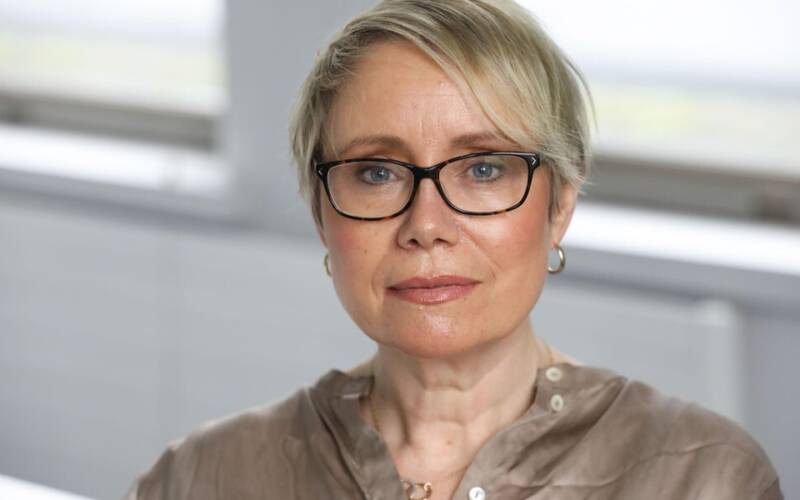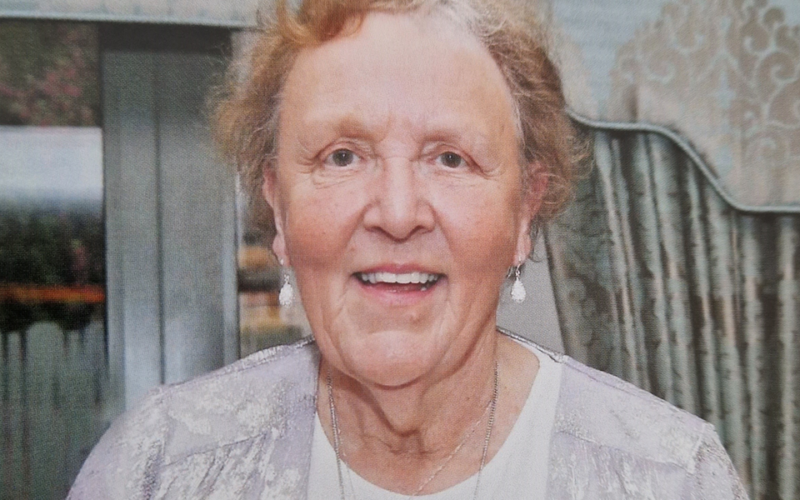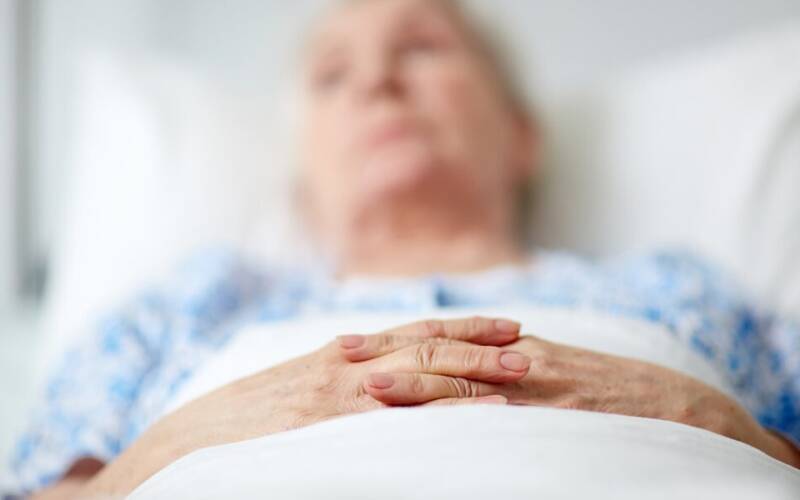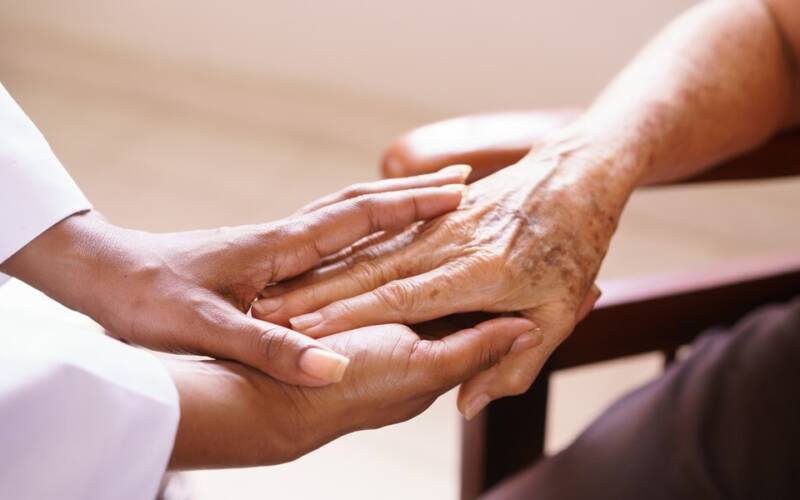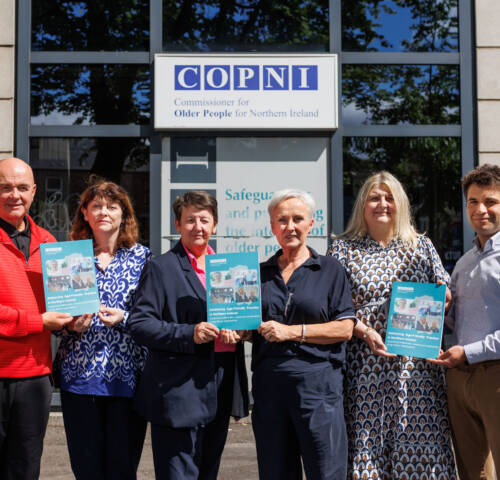Fiona Ryan is the first Northern Ireland Commissioner for Survivors of Institutional Childhood Abuse. Appointed in December last year, Fiona’s role was established under the Historical Institutional Abuse (Northern Ireland) Act 2019.
Hi Fiona, tell us about your role.
My principal duty is to promote the interests of any person who suffered abuse while a child and while resident in an institution at some time between 1922 and 1995.
Since I’ve been appointed, I’ve prioritised meeting with victims and survivors and hearing what matters to them so I can better represent their interests.
Prior to my appointment, I was chief executive of the largest frontline organisation in the Republic of Ireland supporting women and child victims of domestic abuse. I think that experience of providing support services to children experiencing abuse, gaining insight into their lived realities and advocating for them has given me a grounding in understanding the impact of abuse and trauma on children.
What is the main purpose/function of your office?
A key part of my job is to advise government and policy makers on issues relating to victims and survivors. One of these issues at present is the official apology to Victims and Survivors as recommended in the Historical Institutional Abuse Inquiry. My role is to ensure that the interests of Victims and Survivors are represented at each stage of the process around the apology. So it is really important that I hear those views and yet at the same time the very nature of any kind of abuse means that people who have been abused do not necessarily want to disclose their experiences; that is their right and their choice.
One of the big challenges going forward for my office, is how very little we know about the wider community of victims and survivors of institutional childhood abuse. For example, how many people are there in the community, where do they live, what are their social and health needs now and in the future.
While nothing will compensate for the harm done to victims and survivors there is a financial compensation scheme run by the Redress Board. One of the duties of my office is to advise people on how to apply for a Redress award. I would encourage anyone reading this who thinks they may be eligible to get in touch with us.
What are you hoping to achieve throughout your term?
Ultimately, I want to work with others to create a safe and supportive space for victims and survivors to access supports, financial Redress and recognition of their experiences. I want to be part of educating the system on the needs of victims and survivors of institutional childhood abuse based on victims and survivors’ experiences and wishes and ensure there is a joined-up real response to these needs.
My hope at the end of five years is that survivors who want to disclose their experiences can feel safer doing so and that the sense of shame and blame many have carried through their lives is lifted even a little. At same time, no victim or survivor should feel compelled to disclose their experiences, the choice is always theirs. Supports should not necessarily mean disclosure.
I want the state and institutions to acknowledge they failed victims and survivors. To apologise unreservedly to victims and survivors, to say “We are sorry. We failed you. It was never your fault. You were never to blame…” To offer this apology to victims and survivors and to request not to expect victims and survivors to consider the apology, and for it to be the start of a conversation, not the end.
What services or supports do you offer?
We provide advice and information to anyone interested in making a claim for compensation, or redress, for historical institutional childhood abuse. Anyone who suffered or witnessed abuse while resident in an institution while they were under the age of 18 and between the years of 1922 and 1996 can apply. Relatives can apply if their loved one would be eligible but they have died or they are not capable of making an application.
We can also signpost people to support services. Last year, the Victims and Survivors Service (VSS) launched a new service dedicated to supporting the health and wellbeing of survivors of Historical Institutional Abuse.
The VSS are working in partnership with the WAVE Trauma Centre and Advice NI to deliver a range of support and services regionally across NI. They will also ensure that survivors who are now living outside of NI have access to the support and services that they need.
This will include dedicated health and wellbeing caseworker support, counselling, complementary therapies, disability aids, persistent pain and a range of other social and welfare support.
This service can be accessed from 9am to 5pm, Monday to Friday, by phoning 028 9031 1678.
If you are a survivor of institutional childhood abuse and have any views on gaps in services or any of the other issues mentioned here, you can contact the Commissioner’s office on 028 9089 3977 or email info@cosica-ni.org for more information visit www.cosica-ni.org
